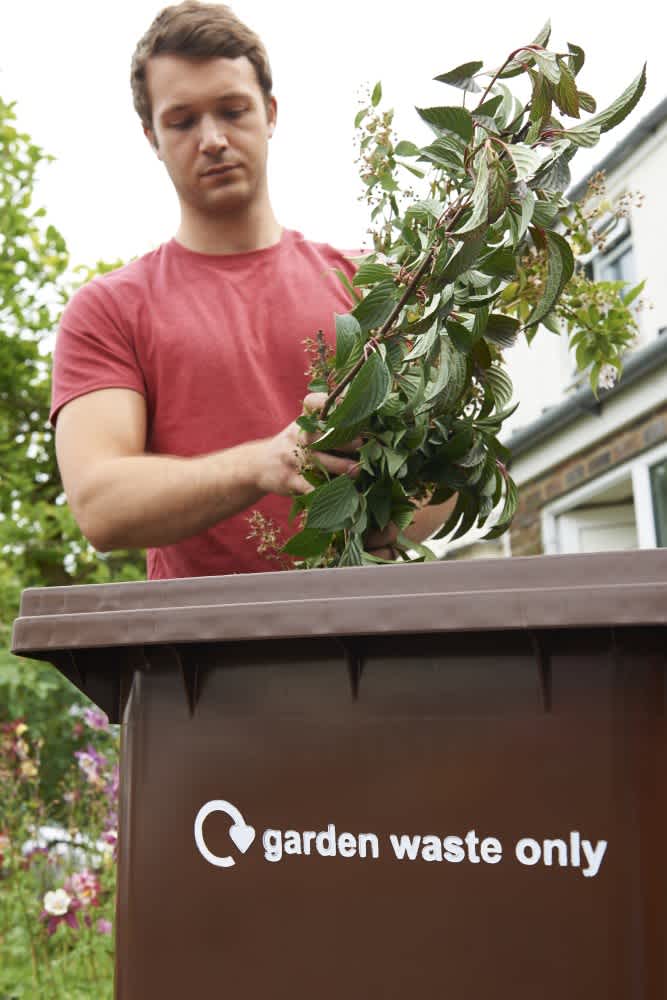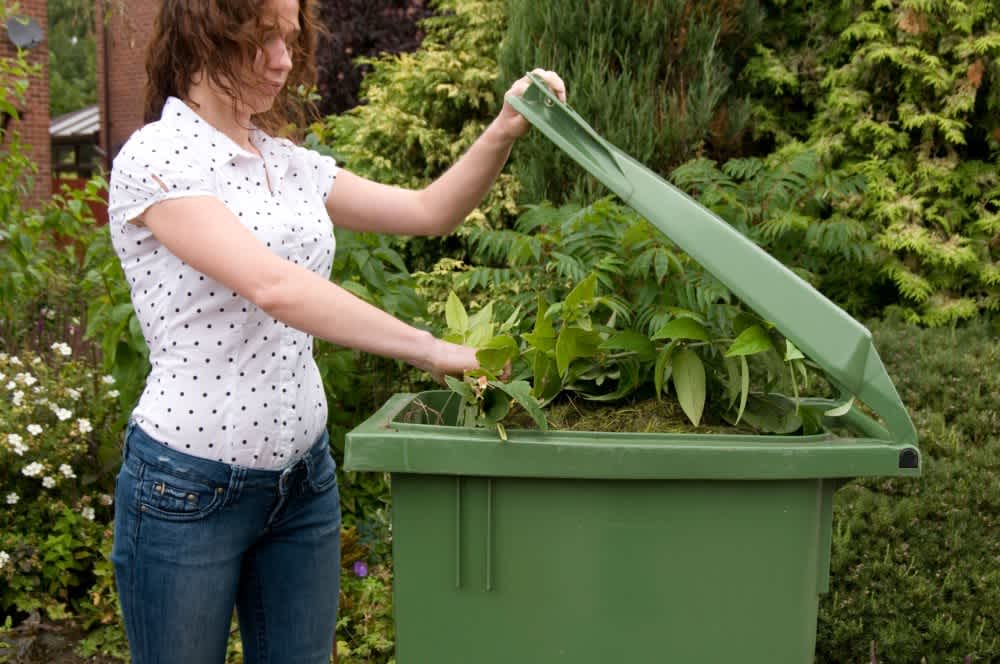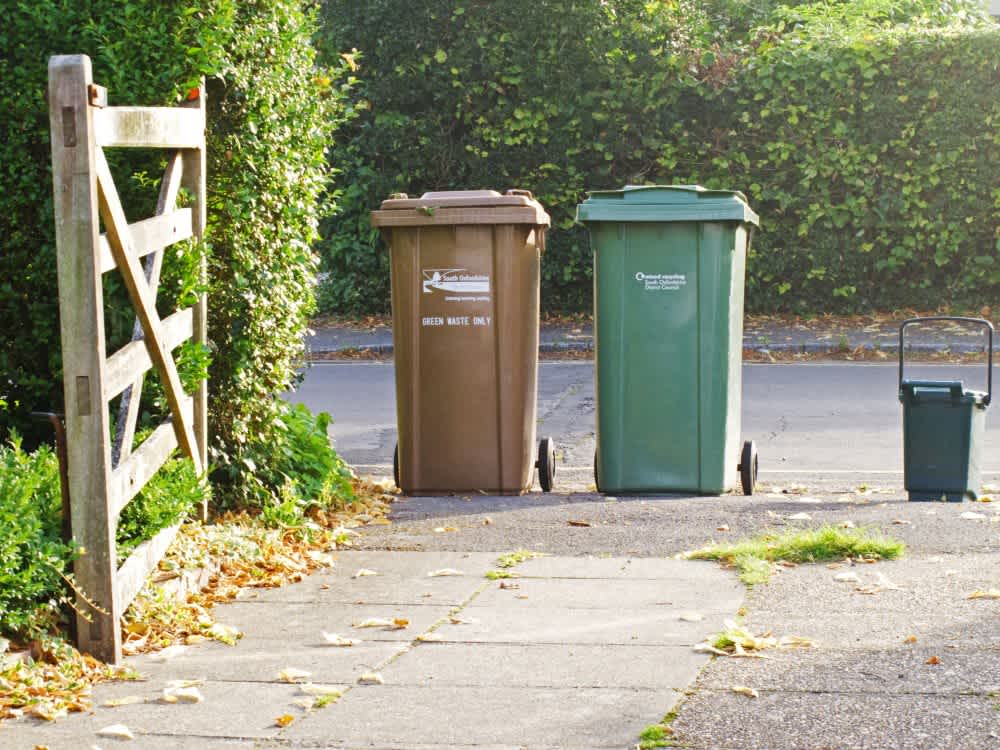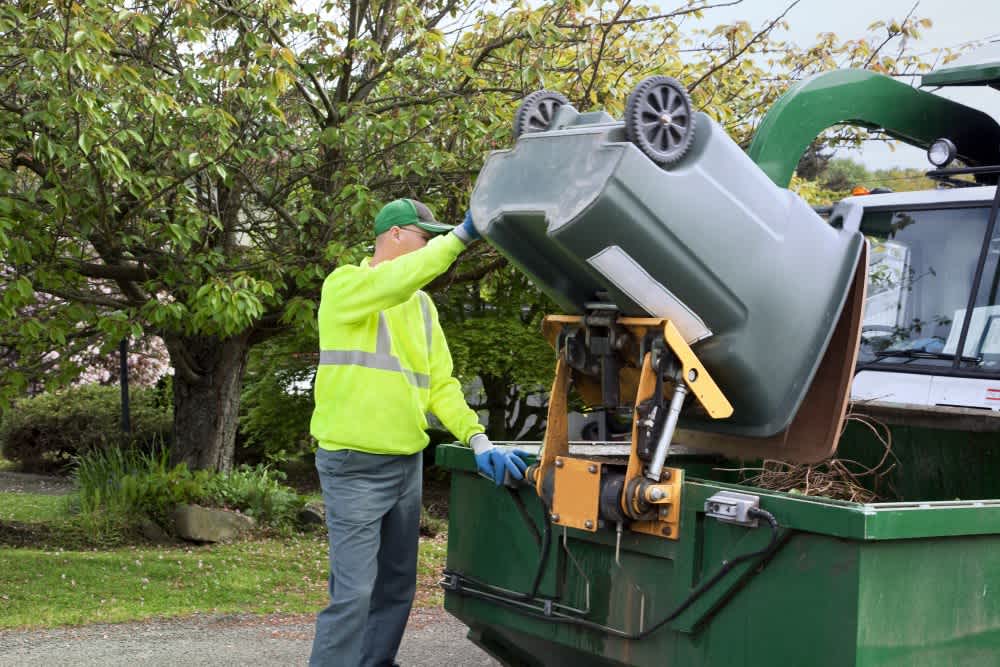Last editedOct 20204 min read
It’s that time of year again. The sun’s been shining between bursts of summer rain. Weeds are sprouting. Vegetation is rampant. Lawns seem to need mowing every few days. The garden waste piles up quickly.

A few years ago, local authorities would simply take away all that garden waste for every council taxpayer for no extra charge. But as Town Hall budgets have been squeezed, an increasing number of authorities are now billing residents for the service. Getting rid of those unwanted sacks of weeds, grass, twigs and branches can now cost households between £20 and £100 a year, depending on where they live, with an average of a little over £40 per year.
The number of councils levying the extra charge has doubled in five years. Research shows that over 40% of local authorities currently ask for an annual fee for kerbside garden waste collection. Earlier this month Angus Council became the first in Scotland to introduce the charge. In contrast, over two-thirds of local authorities in the south of England now levy a charge.
The potential for “Garden Bin Tax” outrage is clear. Local papers across the UK are filled with stories of protests and warnings.
Some corporations are even lining up to attack the policy, with gardening company Mantis conducting research into the charges and arguing that “people [may] send their organic waste to landfill or even resort to fly-tipping in an effort to save money”.
It’s clear that many residents are unhappy. But, in a period of unrelenting funding pressure, charges for non-essential activity aren’t that hard to justify. In fact there is a strong argument that councils have a moral and economic duty to charge for services like this.

A question of fairness
While it may be a generalisation, properties with large gardens tend to belong to better-off families. Many of these households may be able to afford the charge. But should those living in flats with no outside space effectively pay for the waste removal of people in large houses with big gardens?
These are the choices facing councils today. We should be applauding those authorities that are willing to risk a little unpopularity in order to do the best possible job for their residents.
Communicating the new charge
The charge may never be welcomed as progressive change, but it is here to stay. The question shouldn’t be whether to introduce a charge for garden bin collection, but how to introduce it most effectively. It’s vital that residents understand why the charge is being introduced.
Judged on its own, without context, you wouldn’t expect people to respond positively to the idea of paying for a service that used to be free. But councils can mitigate the fallout by explaining their reasons both at the point of introduction and of payment.
In Peterborough, 30% of residents have opted into the scheme. As part of communicating the change, residents were informed that the ‘free’ service was actually costing the council, and council taxpayers, the best part of a million pounds a year.
“Just providing that nugget of information helps households understand why we introduced the charge”, says James Collingridge of Peterborough City Council.
Many councils fail to explain why they are charging. One English council introduces the new charge by simply saying:
We have introduced an annual charge for garden waste collections. If you want us to collect your garden waste, please sign up using the link below.
This approach runs the risk of alienating constituents and leaving a vacuum of information for negative opinions to fill.
Harrow Council does a good job of explaining their reasons:
The council faces tough financial choices - really tough. Balancing our budget, whilst delivering vital services, is becoming harder. It’s a position we share with councils everywhere.
These tough choices, about where to spend money and where we need to make savings, really affect people’s lives. We want to minimise their impact on the vulnerable people who truly rely on us.

Making the process easy for constituents
Once you’ve explained why the charge is being introduced, you should do everything possible to make the process simple for residents. You’ve done the hard job of winning hearts and minds (or at least reducing a little anger), don’t throw that all away with bad processes! James Collingridge of Peterborough City Council believes that making the process easy for residents both limits the negative publicity surrounding the change, and ensures that the chargeable service covers its costs.
“If you’re going to ask households – who are often feeling financially squeezed themselves – to spend extra on a service they take for granted, you can’t antagonise them by making it difficult to set up. The best online businesses make it really easy to buy their products, we needed that same mind-set,” he says.
To introduce the charge successfully, every process must be made clear. When are the bins collected? What can and can’t be collected? How do I pay the charge? When do I need to pay the charge? Councils can also offer tips to help manage the new charge, for example by encouraging residents to split a single bin between two neighbours in order to halve the cost.
Make paying simple
When it finally comes to collecting payment, this is the point at which there is the most acute risk of losing the support and revenues of your residents. Getting this bit wrong is the worst mistake you can make. This is the moment where your customer (because that is what they are once they pay the charge) is a genuine flight risk. Asking them to print out or scan documents, or even pay it all in one go is a risk you don’t need to take. Make sure residents can pay easily, online, and in instalments.

Setting up direct debits is usually the most efficient solution. Taking card payments online runs the risk of card expiry (17% of cards expire each year). This means you have to set up the payment all over again - not a good experience for council or constituent.
It’s also cheaper to take payments by direct debit. Using GoCardless costs just 1% of each payment (and that’s capped at £2), whereas taking a credit card payment is uncapped and costs between 1.9% and 2.4% with an additional fixed fee.
The experience in Peterborough
At GoCardless, we understand why councils have added this charge. So we’ve been helping local authorities to implement it as simply as possible.
Peterborough City Council started charging for garden waste collection three years ago. We heard the same story from across the country. Tough budget cuts, a need to diversify revenue away from just council tax, and a desire to do best by the community’s most vulnerable people.
Peterborough decided that spending taxpayers’ money on garden waste collection wasn’t the fairest way to allocate resources. The £800k per year to collect and manage the garden waste could be better used elsewhere.
It was too complicated to integrate the new charge with Peterborough’s existing payment services provider. So GoCardless came in to offer a quick and easy solution.
“This is exactly the kind of thing that can cause a big headache when setting up. We knew residents might have concerns about the charge and so we had to get it right. With GoCardless it was really quick to setup and integrate with our existing systems, and has worked smoothly since. The lower processing costs means we can be more efficient with our budget and with automatic payments renewal, residents don’t need to worry about making the payments on time,” says Collingridge.
The Peterborough payments model for garden waste can be followed by any council in the UK. If you’re thinking about introducing this charge or have already introduced the charge, be sure to communicate the reasons clearly and make the process as simple as possible.
If you’re interested in finding out more about how GoCardless could help you, please call us on 020 8338 9537. Alternatively, you can visit gocardless.com/local-government or send us a message through the following form:
Discover Direct Debit for the Digital Age
GoCardless is a simpler and smarter way for local authorities to collect payments.


